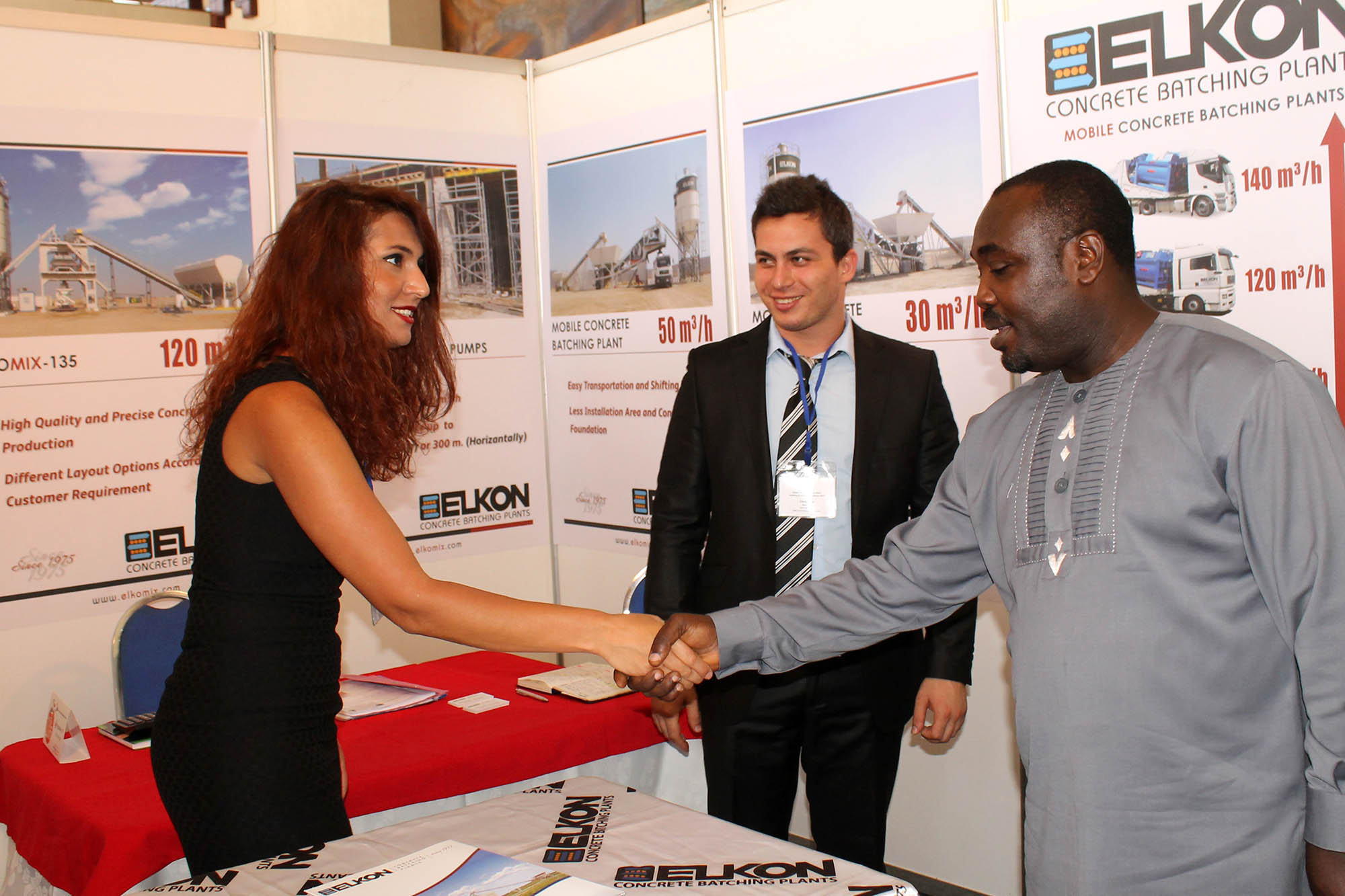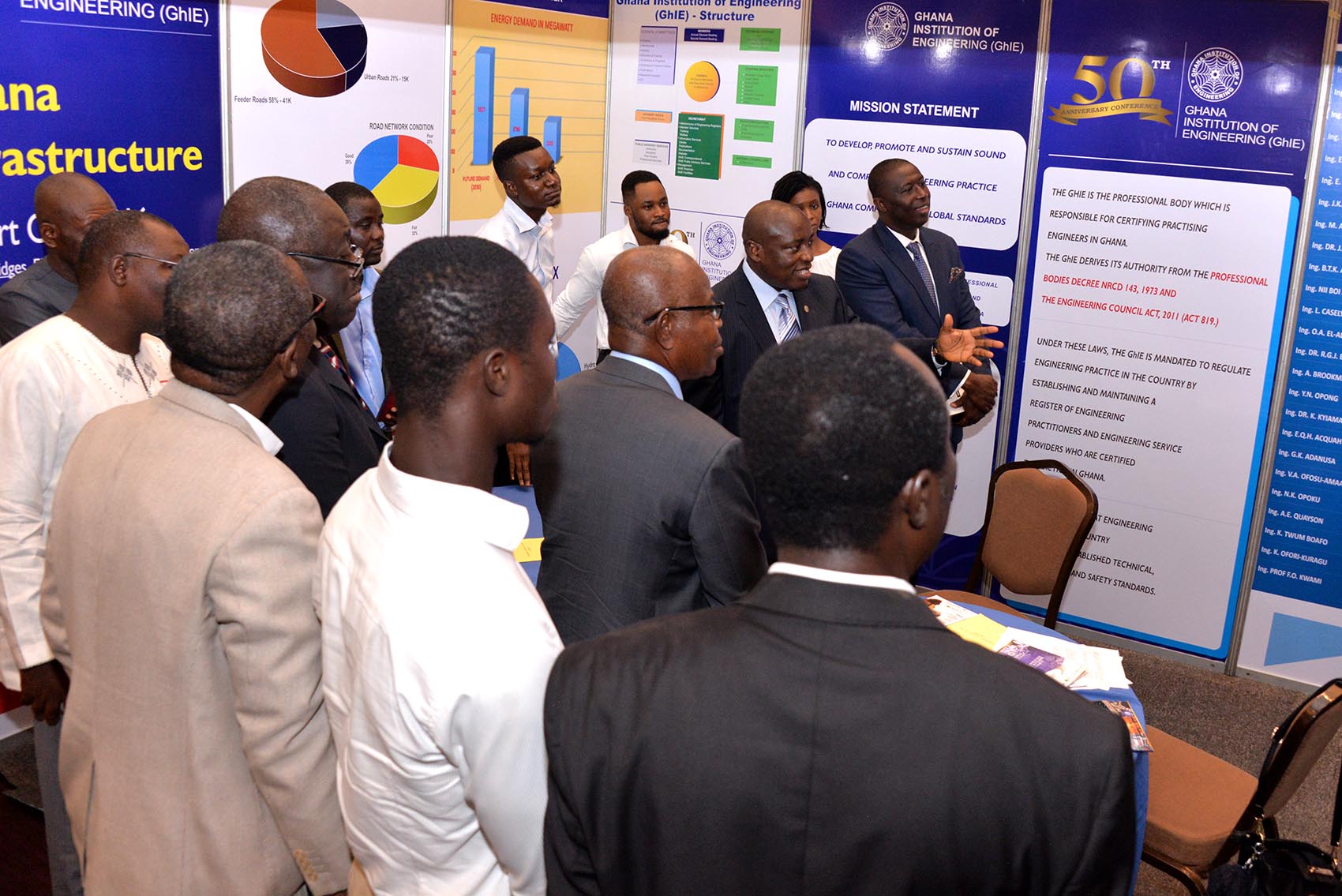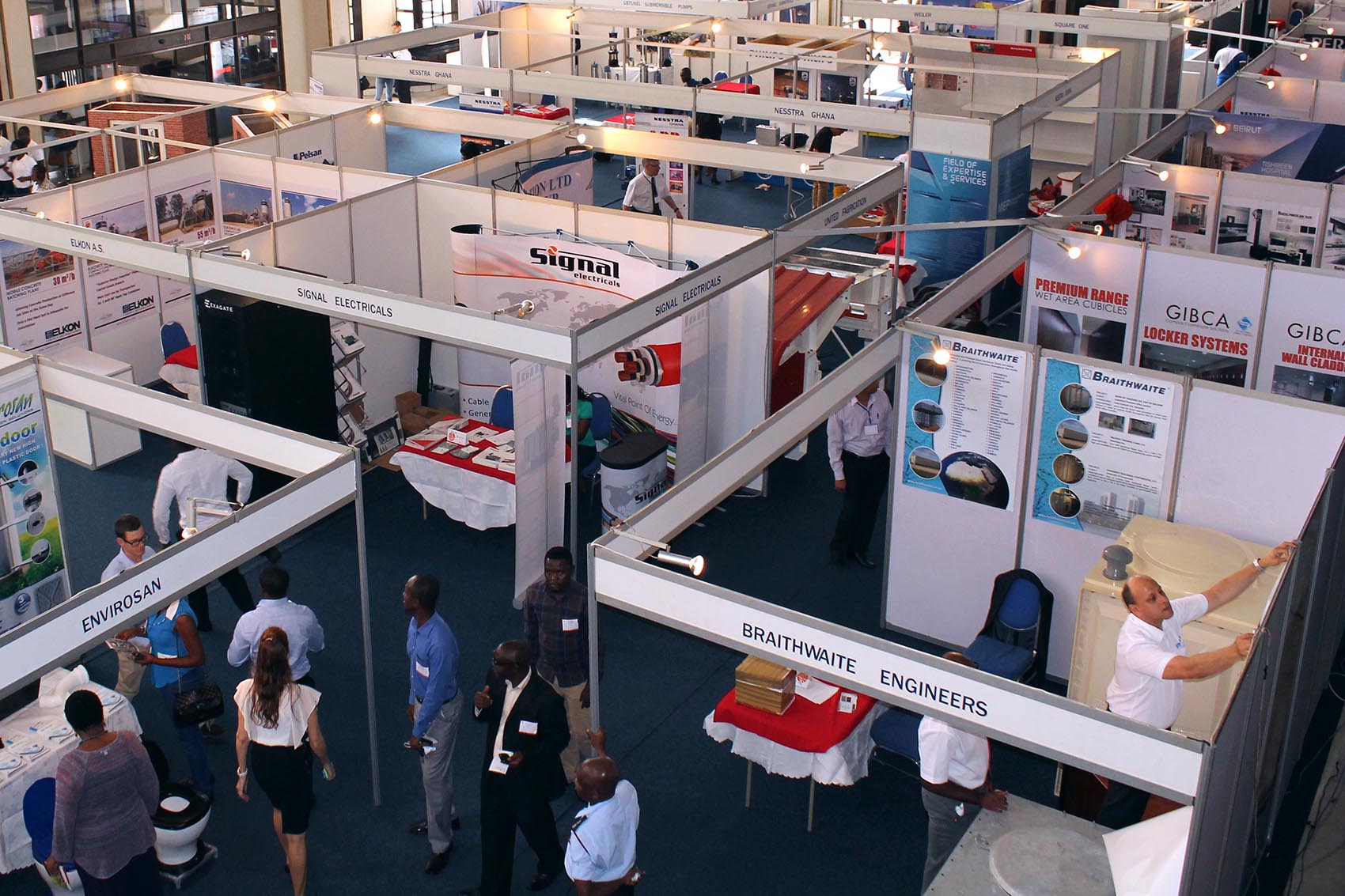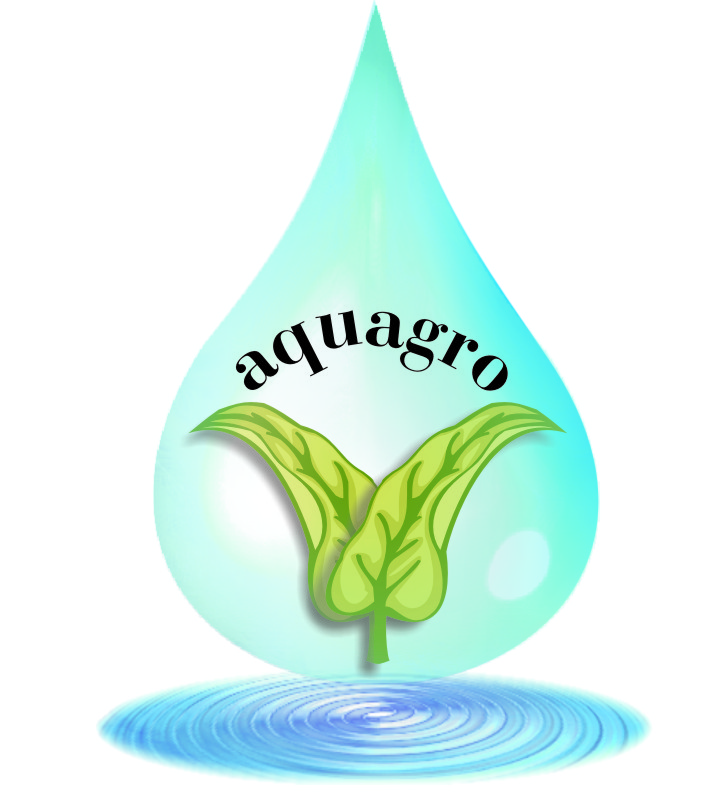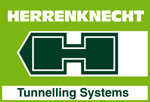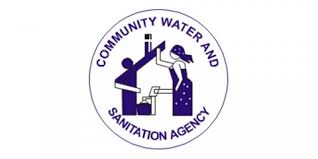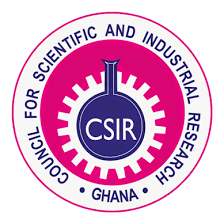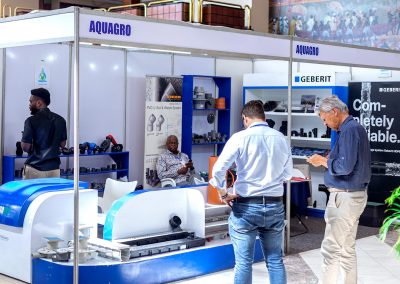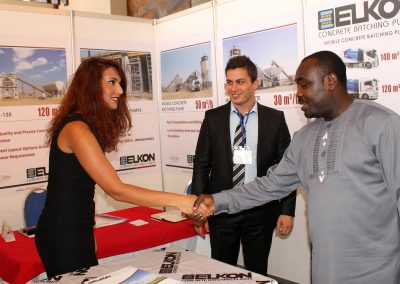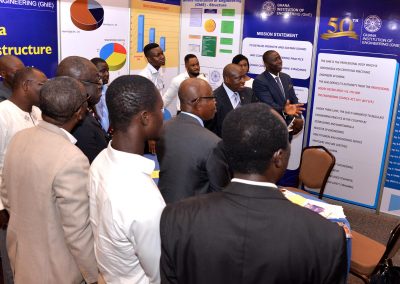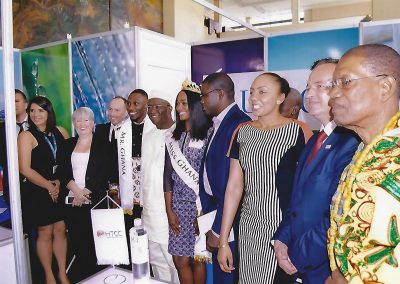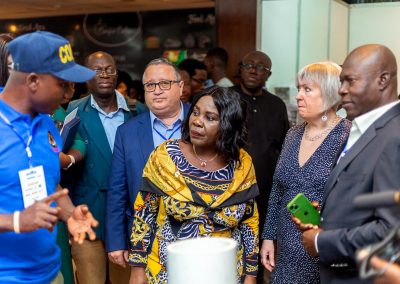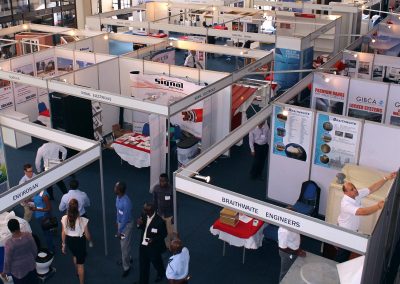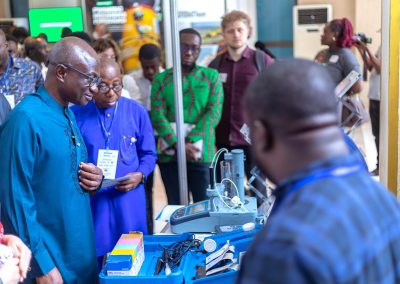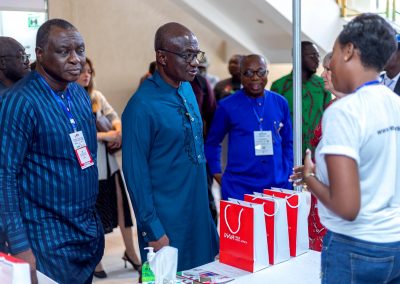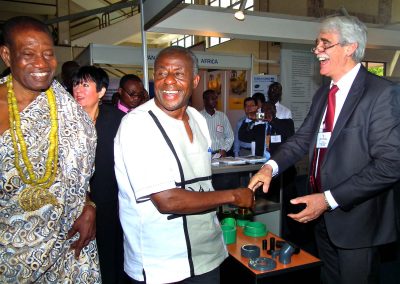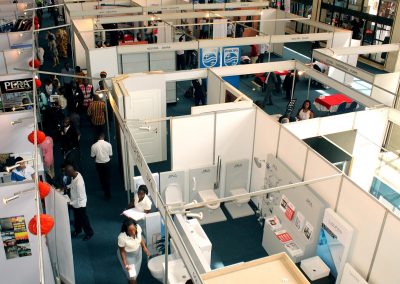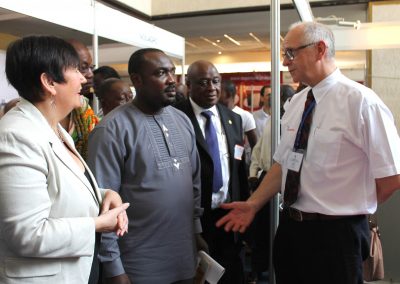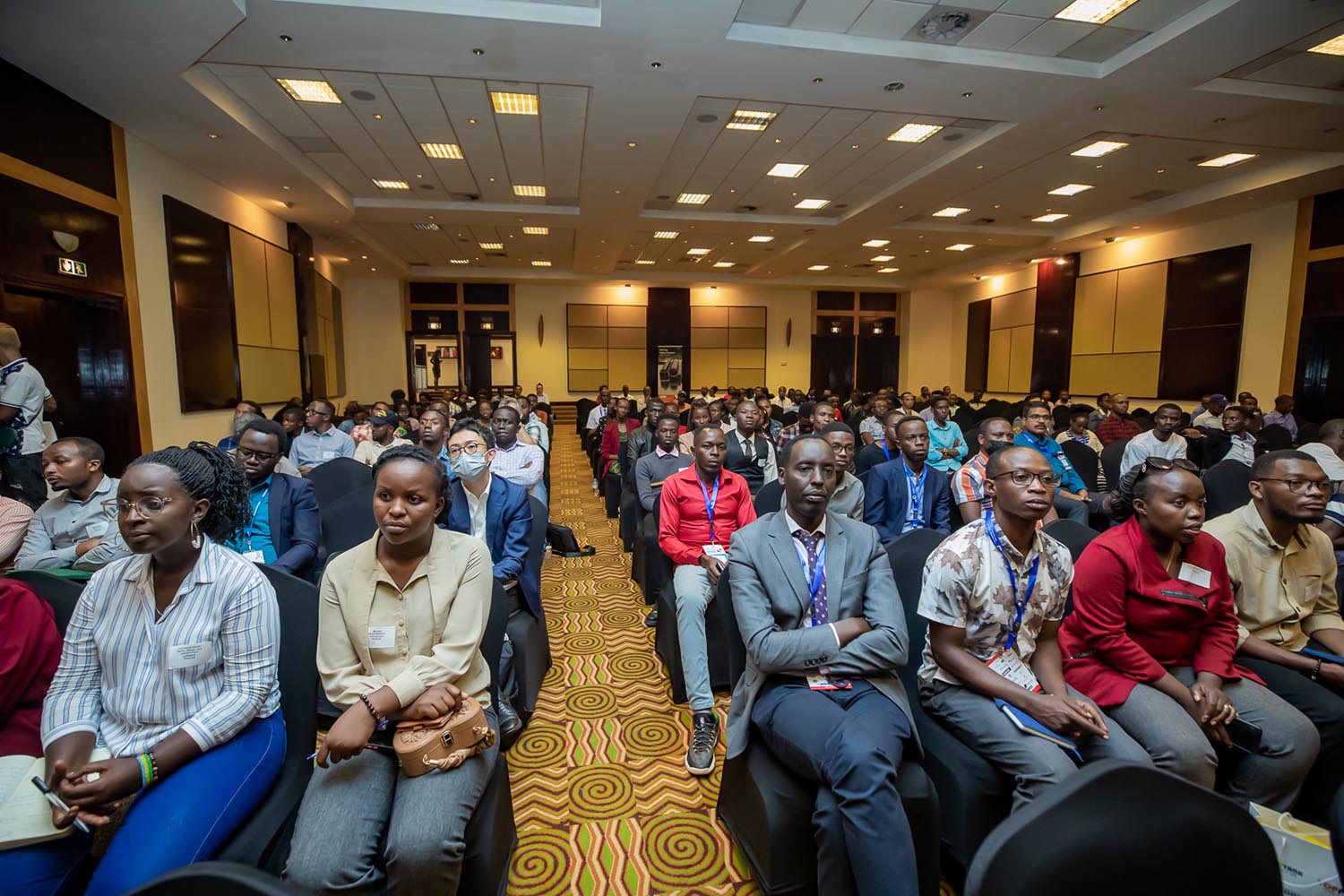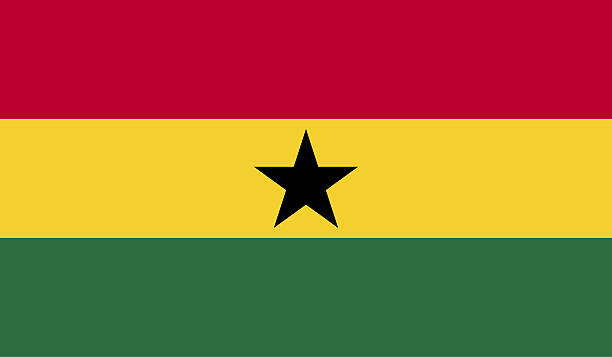
Water Africa
2024
GHANA
Water Africa and West Africa Building & Construction 2024 take place on 26-28 June in Accra, Ghana.
The event – which includes both an exhibition and seminar programme – will be held at the Accra International Conference Centre.
LIMITED SPACES
Day(s)
:
Hour(s)
:
Minute(s)
:
Second(s)
General Information
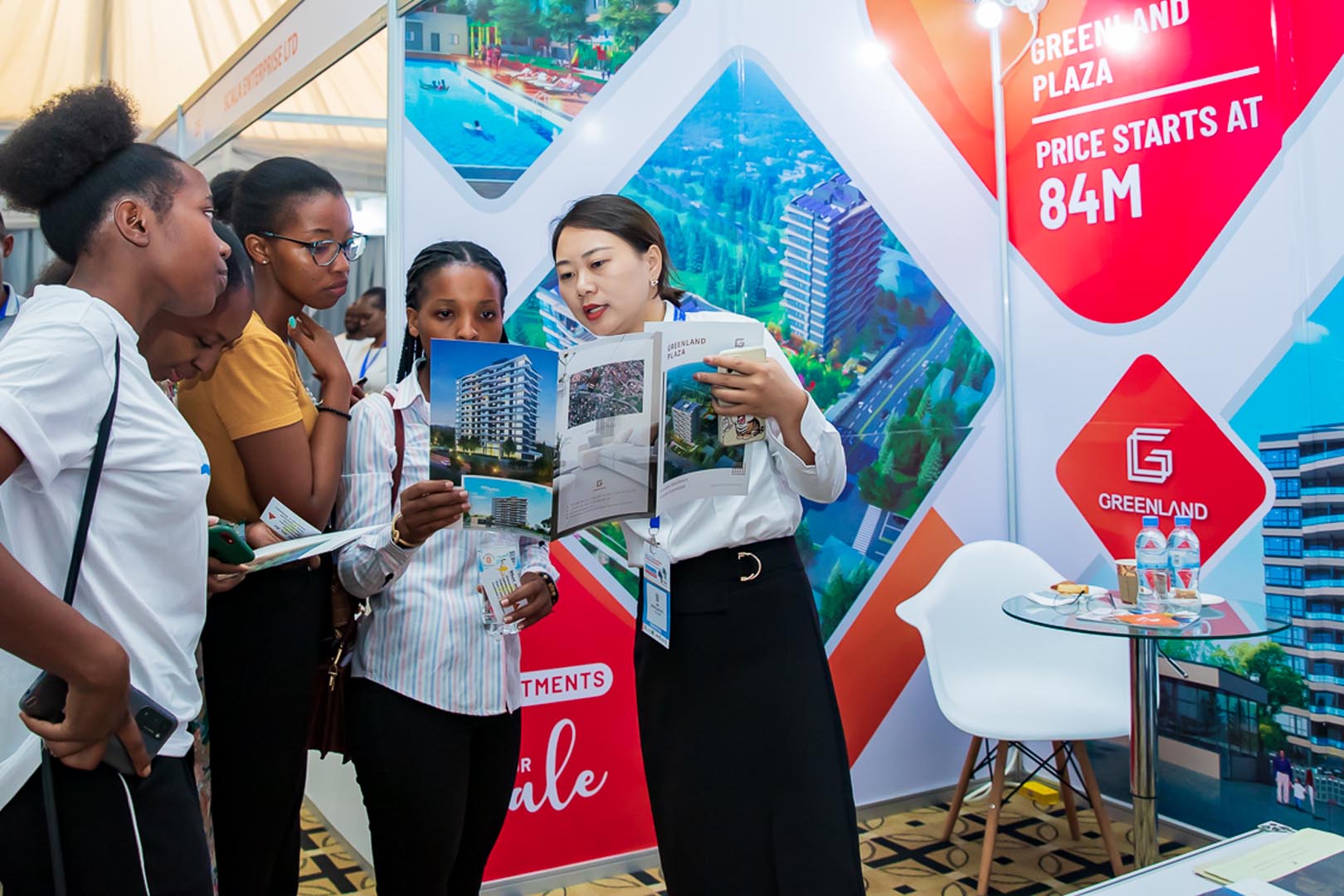
Growing market
The UN sustainable development goals on water & sanitation and industrial development are driving growth in the African water market. There are opportunities in infrastructure, innovation, services, equipment and materials for water storage, treatment and distribution, as well as sewage collection, treatment and transport and flood management.
Water Africa and West Africa Building & Construction 2024 exhibition and seminars provide a platform to connect with all stakeholders, and promote effective and efficient technologies, equipment and services in Ghana and throughout the African continent. The event aligns with the Ghanaian government’s goals for water and sanitation, and benefits from ACE Event Management’s international network of connections, built up over 30 years.
Supporters of the event include Ghana’s Ministry of Sanitation & Water Resources, Ministry of Works & Housing and Ghana Water Company.
Delegates
Visitors to Water Africa 2024 include national and local government officials, utility leaders, engineering consultants and contractors, equipment manufacturers and suppliers and representatives from funding agencies and non-governmental organisations.
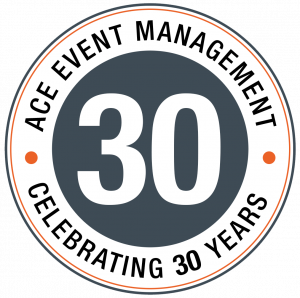
2024 marks 30 years since the first event held in Ghana
Supported by
Ghana Ministry of Sanitation & Water Resources
Ghana Ministry of Works & Housing
Ghana Institution of Engineering
West African Federation of Engineering Organisations
Ghana Hydrological Authority
Ghana Water Company
Water Resources Commission
CSIR – Water Research Institute
Community Water & Sanitation Agency
Visitors:
Visitors to the exhibition will be primarily:
• Consultants, engineers, contractors, water engineers, government officials, NGOs, and the general business community.
• In addition to the above, the seminar programme will attract representatives of foreign aid and funding agencies and other experts from the objective sectors.
Downloads
Contact Info
Organisers:
ACE Event Management Ltd
Contact: Colin Shaw
Tel: +44 7475 937937
Local Representative:
ACE Event Management (Ghana)
Contact: Desmond Nartey
Tel: +233 55 630 4521
Seminar Development Director:
Contact: Prof: Bob Andoh
Nigeria Agent
Sam Consulting
Sauel Brown
Tel: +234 803 0635476
Seminar Programme for Water Africa and West Africa Building & Construction
A high-level three-day seminar programme will include keynote speeches from government officials and presentations from senior leaders in academia, research, industry, utilities and technology. The varied programme will include sessions on water, sanitation and hygiene (WASH), innovation in water and wastewater treatment, technologies for industrial processing, and flood mitigation.
In conjunction with the Ghana Institute of Engineers, the programme includes a CPD – continuing professional development – course with workshops to enhance practical skills. The course is conducted by Professor Robert Andoh, ACE’s seminar development director.

Ghana Overview
Ghana is situated on the coast of west Africa, and has a population of 39 million people. The country’s mixed source of income is derived mainly from gold and bauxite mining, oil & gas extraction, cocoa production, with other mineral and agricultural exports.
Ghana is a member of the African Continental Free Trade Area (ACFTA), an ambitious trading pact which forms the world’s largest free trade area, connecting almost 1.3 billion people across 54 African countries. ACFTA is headquartered in Ghana’s capital, Accra, and the agreement aims to create a single market for goods and services in order to deepen the economic integration of Africa.
The trade area could have a combined gross domestic product of around $3.4 trillion, but achieving its full potential depends on significant policy reforms and trade facilitation measures across African signatory nations.
Economic Overview
Ghana’s economy grew by an average of 7% from 2017-19, before experiencing a sharp contraction in the second and third quarters of 2020 due to the COVID-19 pandemic and lockdown, and a sharp decline in commodity exports.
Real GDP growth slowed to 3.3% in 2022 from 5.4% in 2021 due to macroeconomic instability, global financial tightening, and spillover from Russia’s invasion of Ukraine. It is expected to recover in 2024, in line with global demand trends.
Ghana’s Green Growth Index is estimated at 51%, which indicates that with the right green growth policies and strategies, Ghana could achieve economic growth while reducing vulnerability and building resilience to climate change.
Source: AfDB website

Seminar Programme
“WASH, Youth, Gender and Environment: Needs, Solutions, and Progress towards SDGs and AU’s Agenda 2063”
Topics include:
- Water Conservation and Integrated Water Resources Management
- Addressing and reducing Non-Revenue Water in water utilities.
- Sustainability of WASH Projects in Peri-urban and Rural Areas.
- The Role of the Private Sector in Public-Private Partnerships for WASH.
- Clean Cities and Green Infrastructure.
- The Nexus of Water, Sanitation, Health, and Solid Wastes.
- Innovations in Water and Wastewater Treatment.
- Climate Change Adaptations, Resilience, and Flooding Challenges.
- Addressing Water Resource Challenges associated with Artisanal Mining.
- Leveraging ICT for accelerated developments in the WASH sector.
- Skills, Youth, and Gender: Bridging the Gap for Developments.
Sustainable Development Goals and AU’s Agenda 2063.
Why you should Exhibit at Water Africa Ghana 2024
Water Africa has been a preferred platform for water professionals to exchange knowledge and generate high-quality leads for 30 years
Connect with decision-makers from government, industry and utilities from Ghana and across West Africa
Build long-lasting relationships with consultants, engineers and contractors in this fast-growing market
Who should Exhibit at Water Africa ?
- Surface water development Dam, pumping station, canal, and pipeline contractors. Mechanical equipment (gates, weirs etc). Construction plant (earthmovers, tunnellers). Lining materials.
- Groundwater development Drilling rigs. Submersible borehole pumps. Well screens and linings. Handpumps. Solar and wind pumps. Geophysical investigation services and equipment. Water level and quality monitoring equipment.
- Mains distribution & house connections. Pipes, Fittings, Valves and Pumps.
- Water treatment plant, including packaged plants. Aeration and agitation equipment. Filtration equipment and media. Disinfection equipment and chemicals.
- Water treatment plant, including packaged plants. Aeration and agitation equipment. Filtration equipment and media. Disinfection equipment and chemicals
- Water storage Reservoirs and tanks. Lining systems.
- Sewerage and urban drainage Sewer and pipe systems.
- Manholes and drains. Gully and cesspit emptying and tinkering equipment. Sewer and pipe inspection and safety equipment.
- Irrigation and farm drainage. Canal construction and maintenance equipment. Sprinkler systems. Drip systems. Drainage pipes.
- Monitoring and instrumentation systems. Telemetry and GIS systems. Radio communications. Billing and accounting equipment. Meter reading equipment. Flow, temperature, and level monitors. Water Quality testing equipment.
- Consulting services and training Consulting engineering. University and college courses. National training institutions. Books and publications
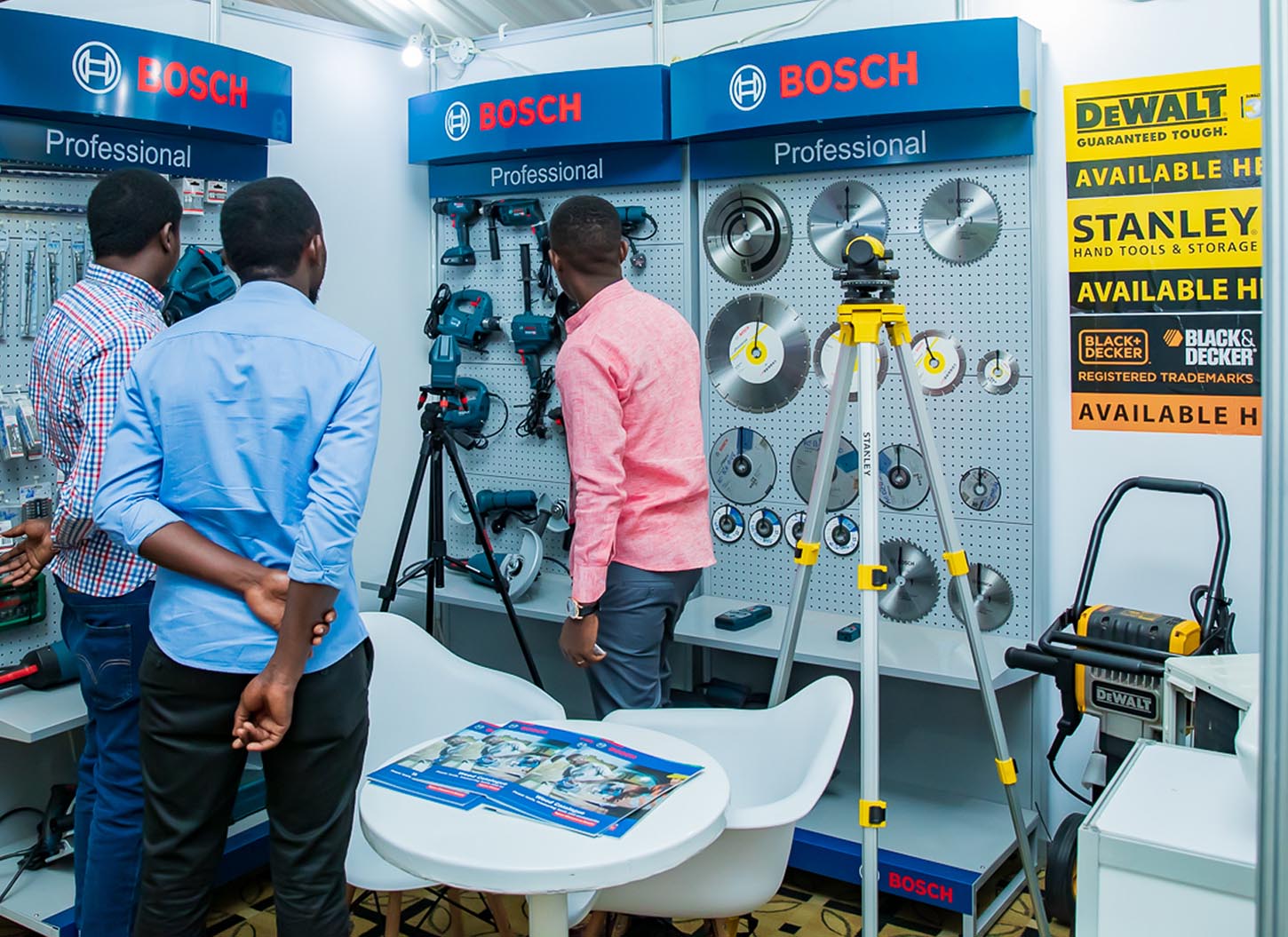
Why you should visit Water Africa 2024
Find solutions to your organisation’s critical challenges in water & wastewater, industrial processing, sanitation & hygiene
Meet clients and partners and the latest products and innovations under one roof
The wide-ranging seminar programme is free to access and includes practical training
